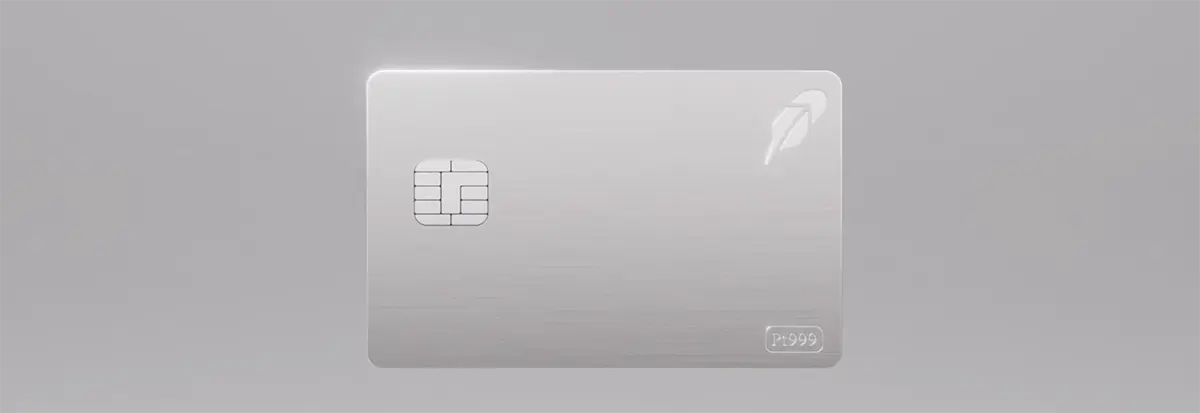
Kudos has partnered with CardRatings and Red Ventures for our coverage of credit card products. Kudos, CardRatings, and Red Ventures may receive a commission from card issuers. Kudos may receive commission from card issuers. Some of the card offers that appear on Kudos are from advertisers and may impact how and where card products appear on the site. Kudos tries to include as many card companies and offers as we are aware of, including offers from issuers that don't pay us, but we may not cover all card companies or all available card offers. You don't have to use our links, but we're grateful when you do!
Does a Forbearance Affect Your Credit Score?
July 1, 2025


Quick Answers
Entering a forbearance agreement with your lender will not directly lower your credit score.
Your credit report will note the forbearance status, but this notation is considered neutral and does not negatively impact your score calculation.
However, failing to meet the terms of the agreement or resume payments after it ends will lead to delinquencies that damage your credit.
What Is Forbearance?
Forbearance is a temporary relief option offered by lenders to borrowers facing financial hardship, allowing them to pause or reduce their mortgage payments for a specific period. This arrangement is not automatic forgiveness of the debt but rather a formal agreement to postpone payments. The primary goal is to provide the homeowner with time to recover financially without the immediate threat of foreclosure.
During the forbearance period, lenders typically agree to report the mortgage account as current to the major credit bureaus, provided the borrower adheres to the terms. This reporting practice helps protect the borrower's credit score from the negative impact of missed or late payments. Consequently, a homeowner can navigate a temporary financial setback without it damaging their credit history.
How Forbearance May Affect Your Credit Score
Many assume entering a forbearance plan will automatically damage their credit score. While the circumstances leading to it are stressful, the agreement itself is often designed to prevent negative credit reporting.
- Initial Agreement: When you enter a forbearance plan, lenders typically agree to report your account as current. This formal agreement is key and, on its own, does not negatively impact your credit score.
- Pre-Forbearance History: Any payments you missed before the forbearance was approved will likely have already been reported as delinquent, which would have previously lowered your score.
- During Forbearance: As long as you comply with the terms of the forbearance agreement, your lender should continue to report your account positively or neutrally, protecting your score from further harm for the duration.
- Post-Forbearance Repayment: Once the forbearance period ends, you must begin repaying the paused amount according to a new plan. Missing payments on this new schedule will be reported and will hurt your credit.
How Much Will a Forbearance Affect Your Credit Score?
While a forbearance agreement itself doesn't directly lower your credit score, several factors determine its overall effect. Here are the key considerations to keep in mind.
- Lender Reporting. Lenders will note the forbearance on your credit report, often with a special comment. This notation does not lower your score but is visible to other potential creditors.
- Future Credit Applications. A forbearance on your record can impact future borrowing decisions. Lenders may view it as a risk factor, potentially affecting your ability to secure new loans or credit.
- Pre-existing Delinquencies. Any payments missed before your forbearance agreement begins will still be reported as late. These delinquencies can negatively impact your credit score, separate from the forbearance itself.
How You Can Avoid a Forbearance Affecting Your Credit Score
Review Your Forbearance Terms
Ensure your forbearance agreement is in writing. This document should explicitly state that your lender will not report missed or reduced payments as delinquent to the credit bureaus. This formal understanding is the primary safeguard for your credit score during the forbearance period.
Monitor Your Credit Reports
Regularly check your credit reports from all three major bureaus. Lenders can make errors, so you must verify your account is reported correctly as being in forbearance. If you spot an inaccuracy, dispute it immediately to prevent any damage to your credit history.
Maintain Open Communication
Stay in close contact with your lender. Confirm the start and end dates of the forbearance and discuss the repayment plan for afterward. Proactive communication helps prevent misunderstandings that could otherwise lead to negative reporting and harm your credit score down the line.
Ways to Improve Your Credit Score
No matter your starting point, improving your credit score is an achievable goal that hinges on consistent, positive financial habits. Meaningful changes can often be seen within just a few months of dedicated effort.
- Monitor your credit reports. You can get free reports from the major bureaus to check for inaccuracies, dispute errors, and track your progress.
- Establish automatic bill payments. Since payment history is the most significant factor in your score, setting up automatic payments is a simple way to ensure you never miss a due date.
- Reduce your credit utilization ratio. Aim to keep your credit usage below 30% of your total available credit to show lenders you aren't overextended.
- Become an authorized user. Being added to a credit card account with a long, positive history can help improve your own score, provided the issuer reports it to the credit bureaus.
- Limit hard inquiries. Applying for too much credit in a short time can temporarily lower your score, so try to space out applications.
- Diversify your credit mix. Responsibly managing different types of credit, like installment loans and credit cards, can have a positive impact on your score.
The Bottom Line
A forbearance itself doesn't lower your credit score. But failing to make payments after the forbearance period ends will be reported to credit bureaus and can damage your score.
Frequently Asked Questions
Will my credit score drop if I enter forbearance?
Not directly. Forbearance itself isn't reported as a negative event, but any payments missed before or after the forbearance period will still hurt your score.
How does forbearance appear on my credit report?
Lenders typically add a special comment or code to your account indicating you're in forbearance. This notation itself does not lower your credit score.
Can I get a new loan while in forbearance?
It can be challenging. While not directly impacting your score, lenders may view forbearance as a sign of financial hardship, making new credit approval more difficult.
Unlock your extra benefits when you become a Kudos member

Turn your online shopping into even more rewards

Join over 400,000 members simplifying their finances

Editorial Disclosure: Opinions expressed here are those of Kudos alone, not those of any bank, credit card issuer, hotel, airline, or other entity. This content has not been reviewed, approved or otherwise endorsed by any of the entities included within the post.



































.webp)







